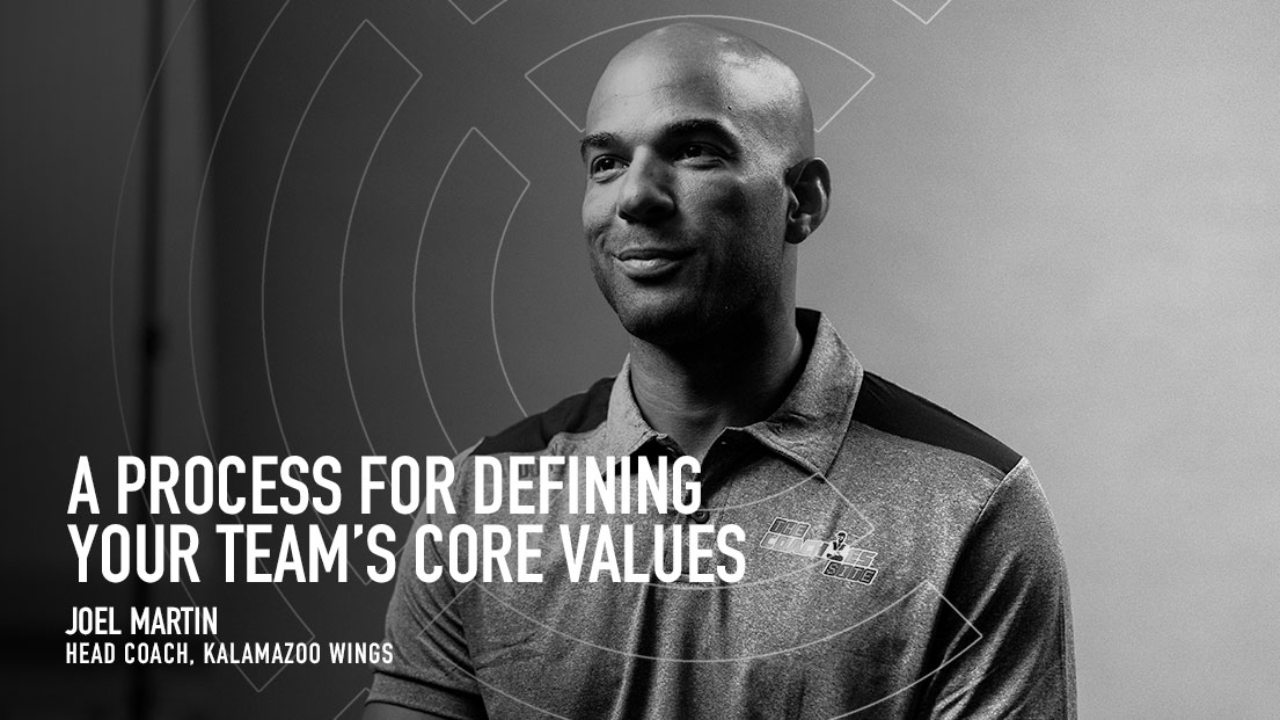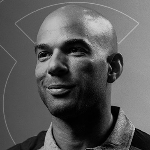
With a defined purpose and process in place to achieve goals, a team has an excellent opportunity to be successful.
Every head coach is tasked with the responsibility of assembling and developing the best possible team. It’s not an easy task. Assembling the best team doesn’t necessarily mean recruiting the players with the most talent. Talent takes an athlete only so far. Coaches are tasked with selecting and developing players who will fit into the culture of the team. Evaluating and recruiting players to a team is a key part of the equation. As important, if not more important, is the development of the players once the team has been assembled. Players are evaluated and recruited based on a set of criteria and it’s not an exact science.
Legendary college football coach Nick Saban rightfully points out that there are some players who have the misguided idea that they have a lot of choices in the development process. Saban points out, that if you want to be good, it takes what it takes, there isn’t a lot of choice in the development process.
Alabama has been successful under Saban because of his ability to evaluate, recruit and develop players. Talented players interested in getting better want to become part of a team and program, that by design, provides the best opportunity for team success and for their individual development.
Once a team is selected it’s absolutely essential the team building process commences. Every team is made up of a group of individuals and it’s a head coach’s job to unite the group as one by having them embrace a clear purpose, process and set of shared core values & beliefs. One of the most important components of team building is the defining, sharing, and operationalizing of the coach’s core set of values and beliefs for the team.
A head coach’s job can be broken down into four buckets of work, essentially; operations management, applied science, coaching, and lastly but most importantly culture.
The 4 Buckets of a Coach’s Work
1) Operations Management
Every head coach must operate within the financial limits (budget) of their approved budget as part of their management responsibility. Communications both internal and external are part of the daily routine. Managing events, practices and tournaments are part of the administrative duties associated with the role among others.
2) Applied Science
Every head coach is expected to ensure that the strength and conditioning of the athletes is part of their program. Each player’s development plan should have a strength and conditioning component. The use of technology to support the coaching process is an absolute must. Every successful head coach spends hours studying video of opponents to gain insight on their strengths and areas of weakness to ensure the right game strategy and tactics are deployed. Video has become an extremely helpful tool for the development of the team and individual players. Video is the best analytic tool a coach can utilize because with slow motion and other features you can properly breakdown the play.
Technology is used for coaching notations throughout the season so that critical information is easy to access. Some coaches are using computer generated analytics for guidance in their day to day evaluation and understanding of team performances which is also part of the science of sports.
3) Coaching
The evaluation, recruitment and development of players is a major responsibility of every head coach. Coaches are responsible for the development of their program taking full advantage of the athletes on the team. The strategy and tactics are based on the talents and strengths of the athletes not philosophy. For successful coaches the devotion of time, energy and effort into the individual player development process is not negotiable. The day to day coaching grind and attention to details in organizing practices and preparing for games is a time consuming and demanding part of the role. The one on one coaching work with players and other members of the team is a time consuming detailed role but pays dividends. Coaches today understand the importance of relationship based coaching.
4) Culture
The culture bucket of work separates successful teams and organizations from the rest. Every successful individual, team and organization has a set of key values and beliefs that are used as guiding principles in their day to day decision making. A head coach has the opportunity to establish the culture for his/her team by creating, sharing and operationalizing a set of values and beliefs in his/her daily routines. The set of values & beliefs set by the head coach should take into consideration the age group of the players and the level of sport being coached.
What separates the good teams from the great teams is culture. I cannot think of any more important work for a head coach or leader of a business team than to establish the right culture based on a set of core values and beliefs. There has been so much research done over the years by psychologists on high performing teams and why they are successful. It’s no secret that the most successful teams share a common element which is a set of values and beliefs that are used to guide the group’s decision making, actions and behaviours. The values and beliefs are set by the head coach and are used as a filter for deciding all matters related to the team. With a defined purpose and process in place to achieve goals a team has an excellent opportunity to be successful.















